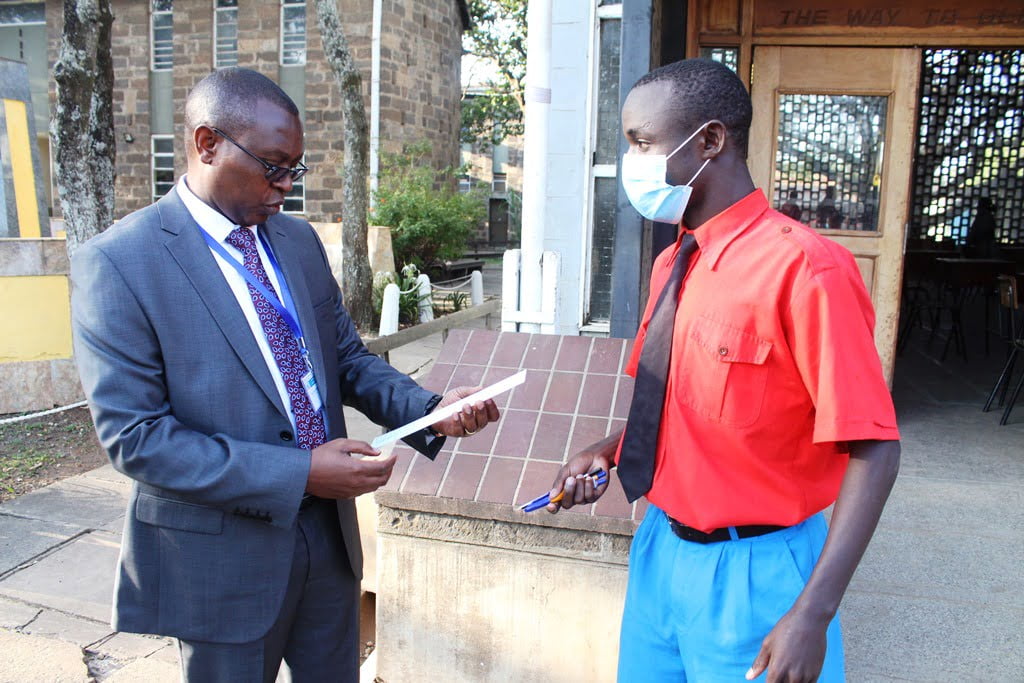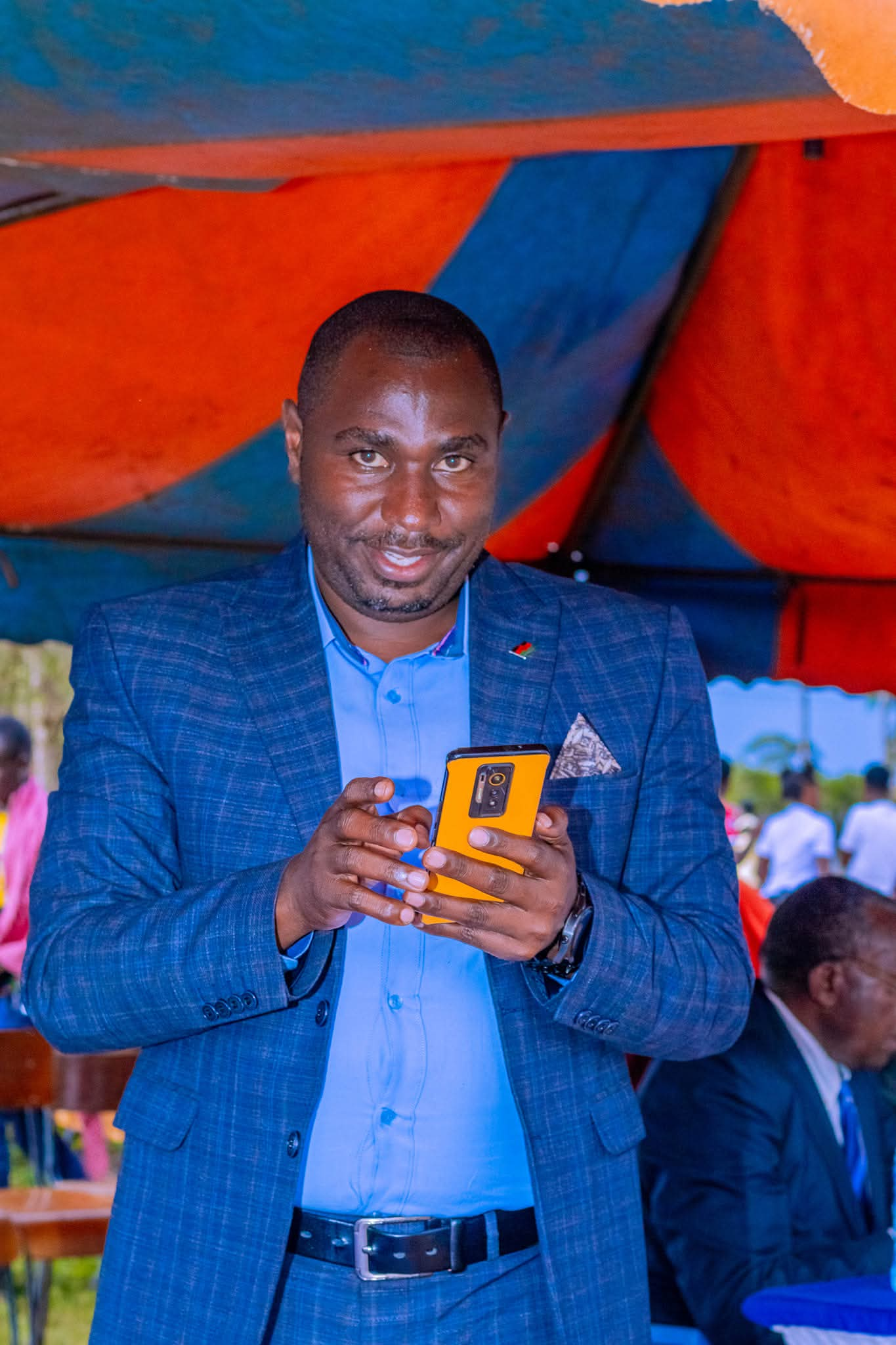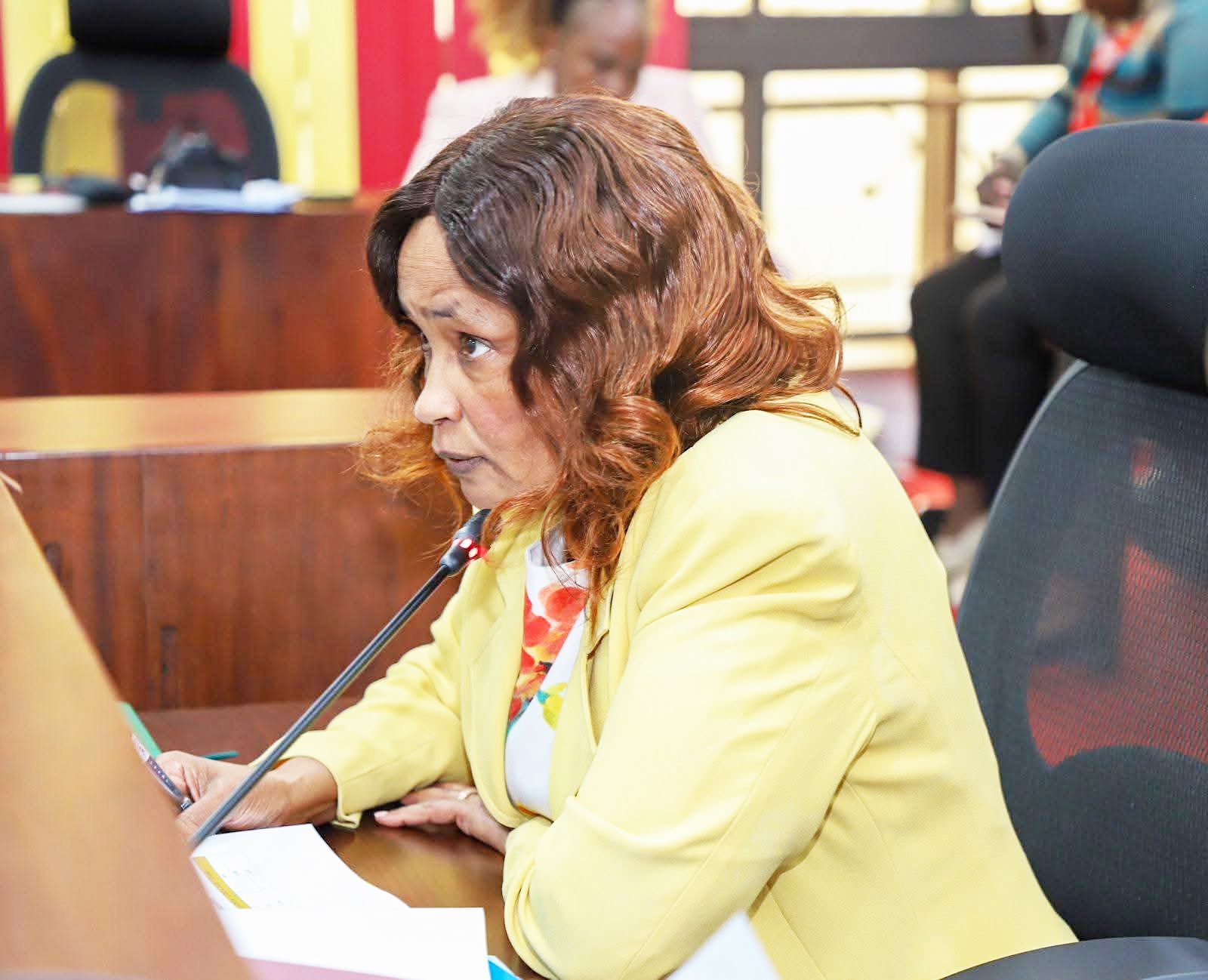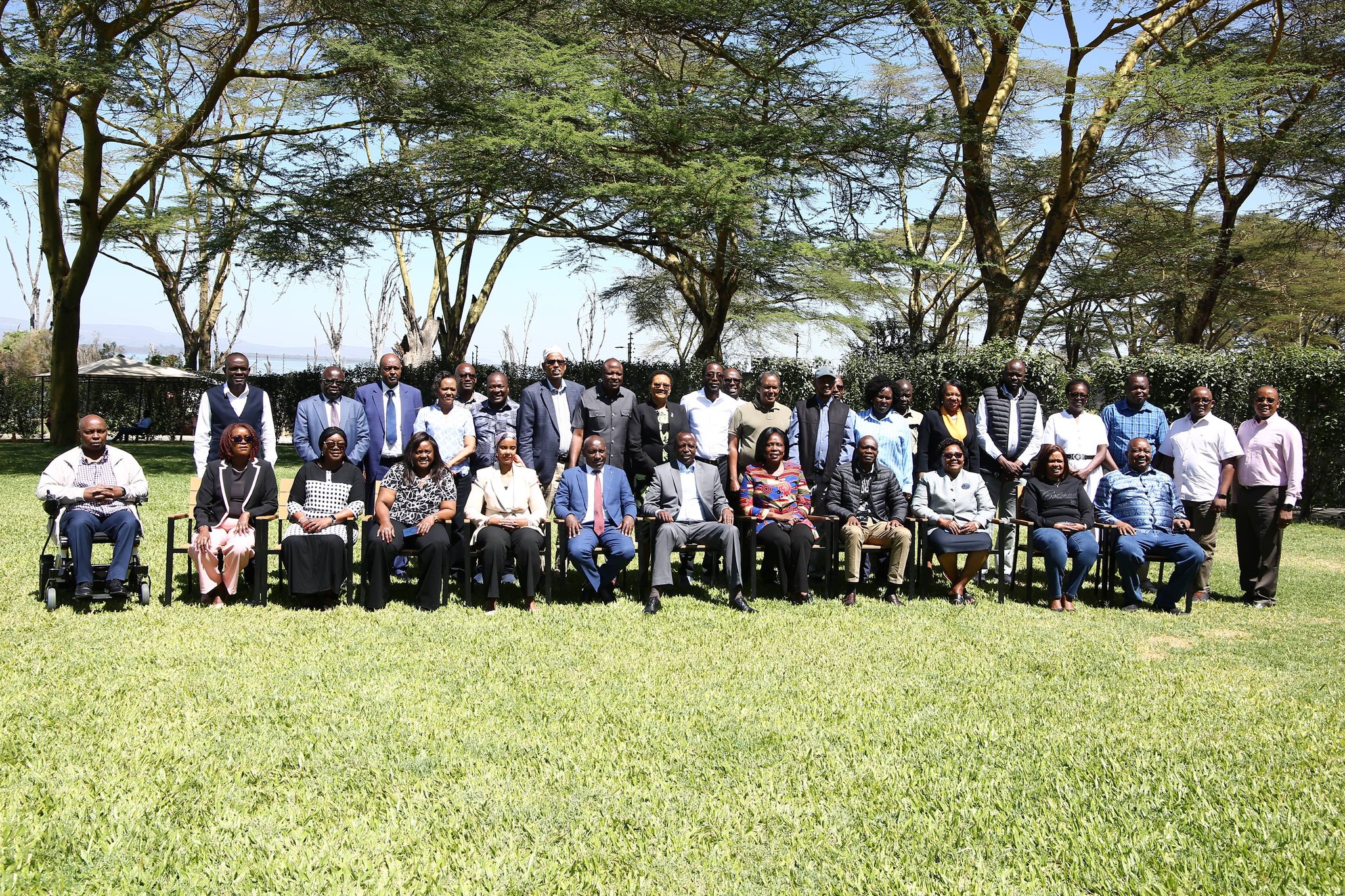By Education News Reporter
A total of 20,037 teacher trainees trained by Teacher Training Colleges (TTCs) under the new Competency Based Curriculum (CBC) are set to sit for their final examinations this July.
The teachers, the first cohort of teachers trained under CBC, enrolled for a one year upgrade programme in September 2021 when the government opened the application window from July 29, 2021 to August 13, 2021.
The upgrade programme targeted unemployed P1 with certificate qualifications and Early Childhood Development Education (ECDE) teachers to upgrade to the new Diploma in Primary Teacher Education (DPTE) and Diploma in Early Childhood Teacher Education (DECTE) respectively.
The teachers applied for the programme after the revelation that no teacher will be employed in future if he or she isn’t CBC compliant under the new Competency Based Teacher Education (CBTE).
The Kenya National Examination Council (KNEC) has embarked on a nomination process for centre managers, supervisors and invigilators who will be involved in the administration of this year’s Teacher Education Examinations scheduled to start on July 4 and end on July 27.
KNEC has therefore requested the Teachers Service Commission (TSC) to help in identifying teachers to serve in those positions during the administration of this crucial examination.
The Commission, through a circular signed by Secretary and Chief Executive Officer Nancy Macharia and dated June 8, 2022, urged all its sub-county directors to identify and nominate centre managers, supervisors and invigilators who will be engaged in the administration of the examinations, and further vet them before deploying them to the KNEC Contracted Professionals (CP2) system by June 15, 2022.
“The 2022 Teacher Education Examinations are scheduled to start on July 4, 2022 and end on July 27, 2022. In preparation for the administration of these examinations, the KNEC would wish to have the details of all the centre managers, supervisors and invigilators who will be engaged in the activity,” said Dr Macharia in the circular.
The circular, which was copied to KNEC CEO Dr David Njengere and TSC regional and county directors, further directs the TSC sub-county directors to ensure that the number of Supervisors and Invigilators should be adhered to especially during the optional papers.
“The centre managers should ensure only the required number of supervisors and invigilators report to the examination centres and that online attendance is taken daily. This will ensure teachers will not be idling in examination centres,” added Dr Macharia in the circular.
According to the circular, the Primary Teacher Education (PTE) examinations will start on July 4, 2022 and end on July 13, 2022 while Teacher Certificate in Adult Education (TCAE) will commence on July 4, 2022 to July 6, 2022.
ECDE examinations will start on July 4, 2022 to July 7, 2022, Diploma in Special Needs Education (SNE) examination will start on July 4, 2022 to July 14, 2022, while Diploma in Teacher Education (DTE) will start on July 4, 2022 to July 27, 2022.
The 90 PTE colleges and examination centres will have a total of 151 Invigilators and 110 supervisors, while the SNE Colleges will be manned by 74 invigilators and 22 supervisors.
The 18 Diploma Teacher Education colleges with a total entry of 889 candidates will be managed by 50 invigilators and 20 supervisors, 443 ECDE colleges and examination centres will have 976 invigilators and 443 supervisors while 7 centres for TCAE institutions will have 7 Supervisors and 16 Invigilators.
In the new development, the hitherto Certificate in Primary Teacher Education (PTE), commonly known as P1 Certificate, has been renamed Diploma in Primary Teacher Education (DPTE). It’s meant to train teacher trainees who will directly teach the new CBC system upon graduation.
Under the new plan, TTCs are expected to ensure that the teacher-trainee receives appropriate training and professional development, which will accord them an opportunity to engage in research, since the tutors will guide the teacher trainee appropriately to embrace the shift from the Objective-Based training to the CBC, which is hinged on use of learner-centered methodologies for realization of expected outcomes.
The new entry grade has been raised from C- (minus) to C (plain) for the courses for KCSE certificate holders, with C (plain) in English or Kiswahili, Mathematics, and any Humanity and a Science.
This is a shift from the previous norm where only those who had a mean grade of C- (minus) were taken directly with no specification being attached to any subject.
In the new curriculum, the teacher trainees will be in college for 3 years unlike before where they used to study for only 2 years, and a three month micro-teaching course commonly known to many as teaching practice, which will also apply to those taking DECTE.
CBC focuses majorly on enlarging learners’ knowledge, experiences and imaginative understandings as well as the development of moral values for life-long learning, which necessitated the need to train the tutors to enable them coach the first cohort of Diploma teachers.






